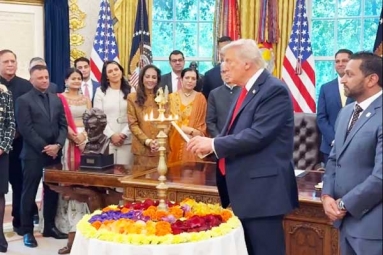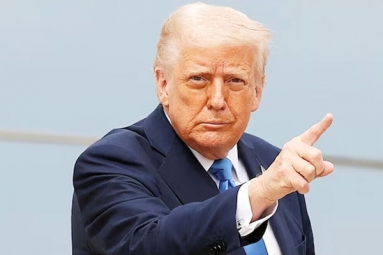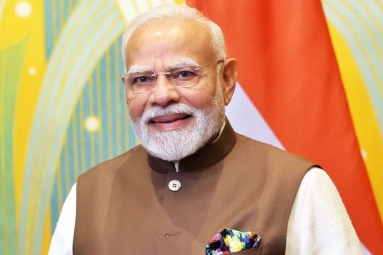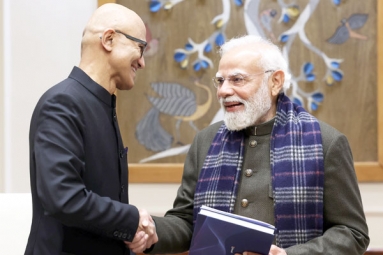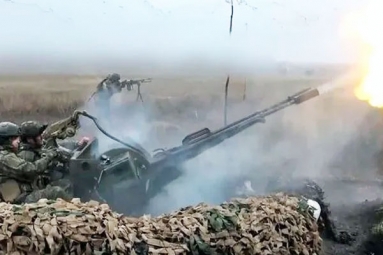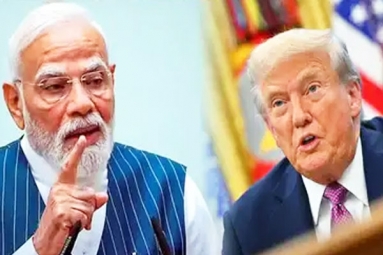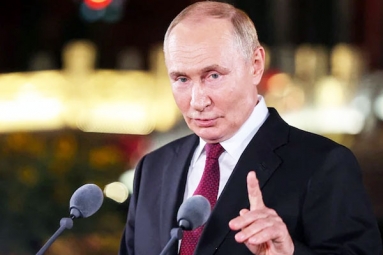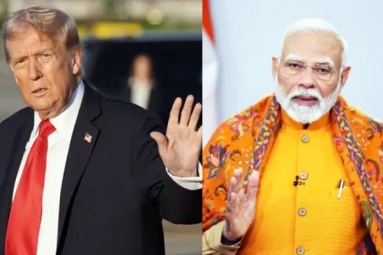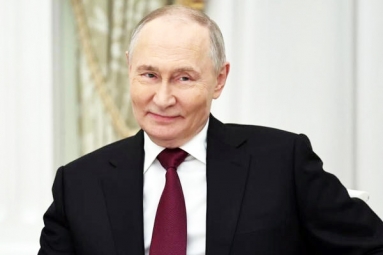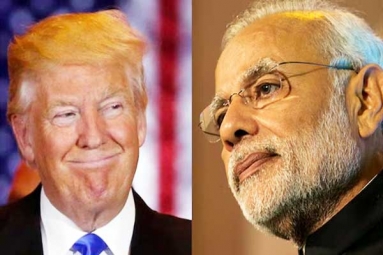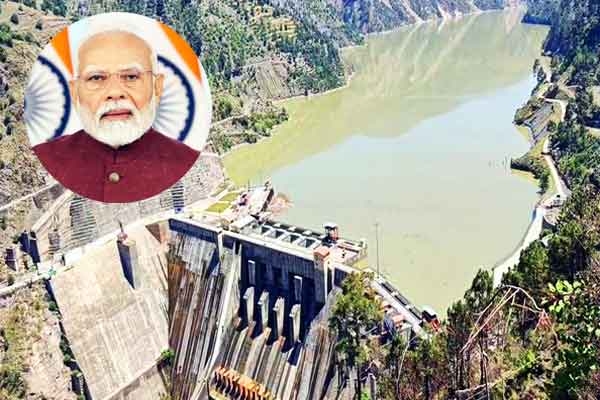
Prime Minister Narendra Modi conveyed a powerful message to the country following Operation Sindoor, India's retaliatory action in response to the Pahalgam terror incident. He emphasized that "water and blood cannot flow together," specifically addressing Pakistan that despite a ceasefire, India has no intention of lifting its restrictions on the Indus Waters Treaty imposed right after the brutal attack that claimed the lives of 25 tourists and a Kashmiri man. In his address, Modi asserted that "terror and dialogue cannot coexist, nor can terror and trade, just as water and blood cannot mix." He cautioned Pakistan that while India's actions may have paused, the next steps will hinge on Pakistan's behavior. The Prime Minister underscored that Operation Sindoor has fundamentally altered how India will respond to terrorism, insisting that the nation will act on its own terms and will not yield to nuclear intimidation, a tactic frequently utilized by Islamabad.
In the aftermath of the Pahalgam attack, India implemented several diplomatic measures against Pakistan, the most notable being the suspension of the Indus Waters Treaty. This 1960 agreement, established by Prime Minister Jawaharlal Nehru and Pakistan's President Mohammed Ayub Khan, governs water-sharing between the two nations. The importance of this suspension cannot be overstated, as such an action had not previously occurred even during India's conflicts with Pakistan.
The decision to suspend the treaty elicited a strong response from Islamabad, which warned that any attempt to reroute water designated for Pakistan would be seen as “an act of war.” Pakistan went on to threaten the cessation of all bilateral agreements with India, including the Simla Agreement that recognizes and normalizes the Line of Control. In the weeks that followed, tensions heightened as India conducted airstrikes against terrorist targets within Pakistan and Pakistan-Occupied Kashmir. Pakistan retaliated with heavy artillery fire and a barrage of drones and missiles directed at India’s northwestern border, resulting in civilian casualties. These projectiles were intercepted by Indian air defense systems. In response to this escalation, India decided to take decisive action against key military sites in Pakistan, including important airbases. Eventually, Islamabad sought a ceasefire, which India accepted under the condition that its forces would remain vigilant and ready to respond to any provocations.











